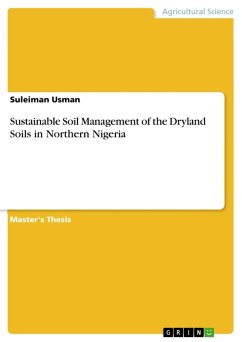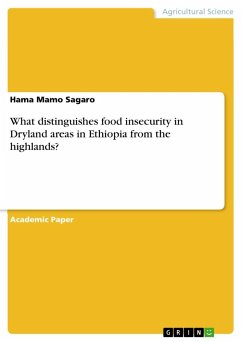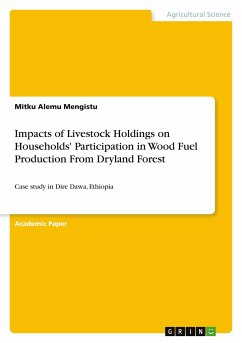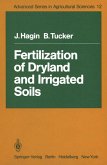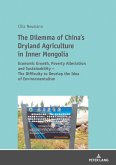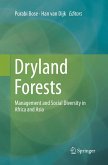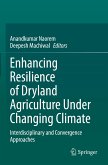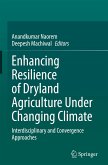Master's Thesis from the year 2007 in the subject Agrarian Studies, grade: Merit class, Natural Resources Institute - University of Greenwich at Medway (-), course: Plant Health and Protection, language: English, abstract: Although it is widely recognised that environmental problems such as soil degradation erosion and desertification threaten sustained agricultural production in many States of northern Nigeria including Adamawa, Bauchi, Borno, Gombe, Jigawa, Kaduna Kano, Katsina, Kebbi, Sokoto and Zamfara. Very little information is available about the current status of the potential impact of soil degradation and whether the situation is worsening in all the States of northern Nigeria. However, it is now clear that the major factor explaining the severity and spatial distribution of soil degradation such as erosion and desertification in northern Nigeria is associated with human impact such as deforestation and mismanagement of land resources. Other factors includes overgrazing, use of mechanized equipment, deforestation and lack of government concern to protect the environment in the region, but few studies have been made on applied issues related to the physical and chemical processes including erosion, runoff and leaching. These problems are widely considered as a serious problem to agricultural production and its environmental consequences will remain an important issue during the 21st century.Possible solutions such as soil management practices will help to minimise/control soil degradations which caused serious hazards to farmer's land in northern Nigeria. Sustainable soil management practices are vital for enhancing and sustaining the productivity of soil, food, livestock, water quality and other related land resources such as forestry in northern Nigeria. It is more efficient in terms of reduced environmental impact, high risk of soil degradation and soil erosion. These management practices are: (a) applying organic manure regularly, (b) growing cover crops in rotation with millet/sorghum, (c) Intercropping and multiple cropping systems, (d) crop rotation system, (e) planting shelter belt around the farm (f) minimum tillage system, (g) good drainage system and (h) good government policies. However two steps will help to achieve the successful implementaion of those management practices in northern Nigeria. These are: (a) good government policies with quality initiative and (b) general cooperation from individual, community and people in concerned.
Hinweis: Dieser Artikel kann nur an eine deutsche Lieferadresse ausgeliefert werden.
Hinweis: Dieser Artikel kann nur an eine deutsche Lieferadresse ausgeliefert werden.

